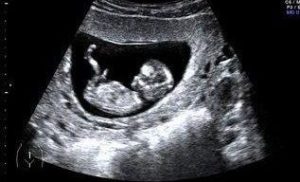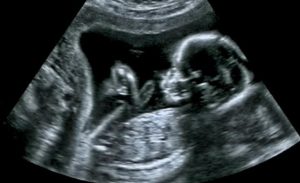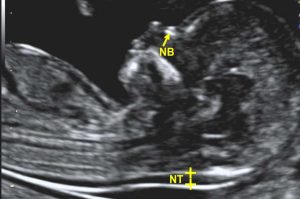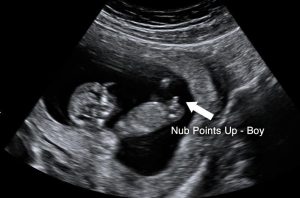Nuchal Translucency Scan
If you’re pregnant and want to assess your baby’s risk for certain chromosomal abnormalities, a nuchal translucency (NT) pregnancy scan may be recommended. This type of ultrasound examination is typically performed during the first trimester, between 11 and 14 weeks gestation.
During a nuchal translucency pregnancy scan, a healthcare professional will use an ultrasound machine to create images of the fetus and measure the thickness of the fluid-filled space at the back of the baby’s neck. This measurement, known as the nuchal translucency measurement, can be used to assess the risk of chromosomal abnormalities such as Down syndrome.
This scan dose not include blood test for measuring hormones (free beta HCG & PAPA .And the risk is calculated according to ultrasound findings and maternal age.
If you want to get blood test for the hormones, you can choose “nuchal Translucency scan plus” service
Some of the things that may be assessed during a nuchal translucency pregnancy scan include:
- Determining the gestational age of the fetus
- Assessing the risk of chromosomal abnormalities, such as Down syndrome
- Checking the number of fetuses (to rule out multiple pregnancies)
- Assessing the fetal heartbeat
Overall, a nuchal translucency pregnancy scan can provide valuable information about your baby’s health and risk for chromosomal abnormalities during the early stages of pregnancy. It’s a routine part of prenatal care and is generally considered safe for both you and your baby. If you have any questions or concerns about your pregnancy, talk to your healthcare provider to determine if a nuchal translucency pregnancy scan is right for you.



